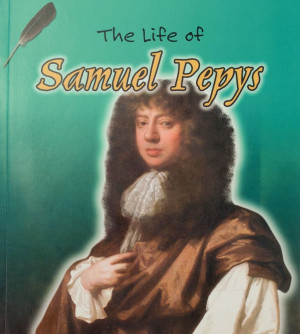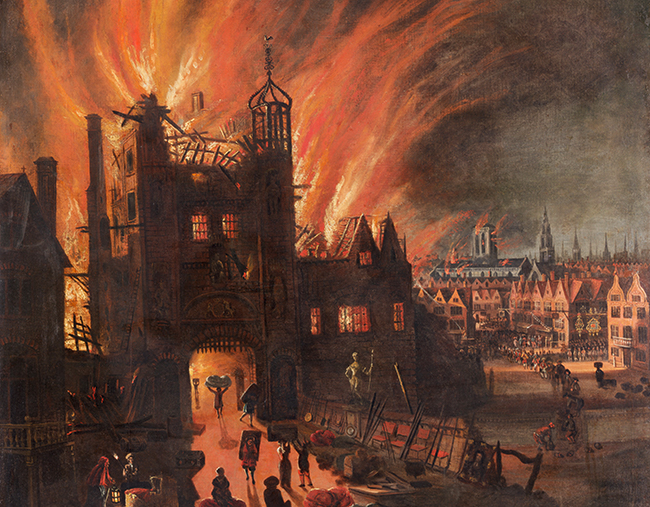

Strong winds from the east, however, fanned the flames, and disagreement and indecision allowed things to get out of hand. Unless in the fire’s immediate path, people didn’t panic – at first. Sir Edward Harley’s account mentions Farynor’s bakery maid, who, he says, was too scared to climb onto the roof next door with the rest of the household and became the fire’s first victim. Letters and memoirs from ordinary people provide glimpses of what went on below the surface. Pepys’s friend John Evelyn, another diarist, lived in Deptford but came to town to see the kerfuffle.

The most famous is that of Pepys, whose access to famous figures such as the King, the Duke of York and the Lord Mayor make his version pivotal. We have several eye-witness accounts of the fire.

The Great Fire of London: eye-witness accounts Given the city’s flammability, doom-mongers’ predictions of an apocalyptic inferno could hardly be deemed radical. There was hay in the stables, pitch on the roofs, tar in the shipyards and even gunpowder in many homes, as Cromwell’s soldiers retained their muskets from the civil wars. Inside, people lit their houses with candles and cooked with open fires. Filth rained onto unwary pedestrians from upstairs windows. Their protruding upper storeys, ‘jetties’, almost met at the top. On narrow, dirty and dark streets, rickety houses were built from wood and thatch. Restoration London was frivolous and worldly, bustling and cosmopolitan. Oddly, afterwards, it was commemorated by poet John Dryden as an annus mirabilis (‘year of wonders’). In 1597, an anonymous pamphlet, Babylon is Fallen, had suggested 1666 would be the Year of the Beast, perhaps even the time of Christ’s second coming.

The ‘666’ number had not gone unnoticed either. The Great Plague had taken 100,000 lives the previous year and invasion by the Dutch seemed to be only a matter of time. London, led by the decadent Charles II, enjoyed a lavish lifestyle and was, according to the deeply religious, ripe for a tumble. Mystics, fortune tellers and especially Puritans had predicted doom for the city’s modern, sinful ways even before the restoration of the monarchy in 1660.


 0 kommentar(er)
0 kommentar(er)
